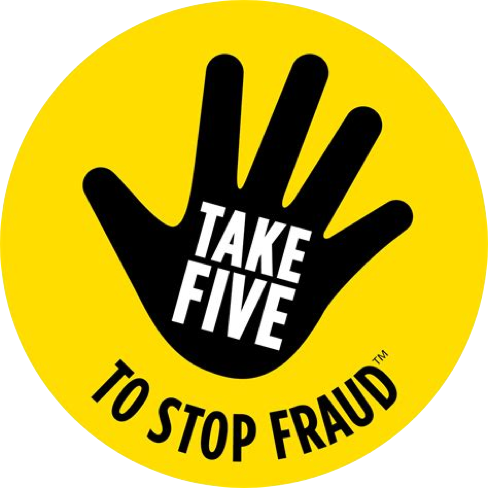Here's everything we're doing to protect your money and personal information.

What we do to keep your money safe.
Are they who they say they are?
Fraudsters will often pretend to be someone you know to ask for money on social media or WhatsApp. Ask questions only that person would know to check.
Don’t forget to check your post
When you set up Google or Apple Pay, we’ll send you a letter to confirm it. If you get a letter about this but didn’t set it up, then it could be an early warning sign for fraud.
Watch out for dodgy emails
Scammers can use fake emails to look like your bank, for example, ‘alerts@tsb.com’. It can be hard to spot, but a genuine TSB email will always come from @tsb.co.uk.
How scam-savvy are you?
Do these 3 things now to keep your money safe.
Follow these steps to keep your money safe
Use the TSB Mobile Banking app.
If you’re feeling under pressure to send money, stop and think.
Keep your card, PIN and login details safe always.
How we deal with fraud
What happens after I’ve reported fraud?
- We'll look for what happened and how it happened and keep you updated. We may need to ask you a few questions to help with this.
- If the police are involved, we'll work closely with their investigation.
- Once resolved, we'll follow up with some advice to help you avoid it happening again.
Will I get my money back?
- We’ll investigate all fraud claims, and if you’re eligible for a refund, your money will be refunded to your account.
- There are some cases where you won’t get your money back – for example, if you were involved in the fraud or didn’t show due caution to prevent the fraud, or if it’s a purchase dispute. Find out more.
- If you’re not happy with how we’ve dealt with your case, you have the right to make a complaint.
- If you’re still not happy, you can complain to the Financial Ombudsman.


